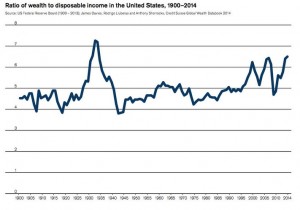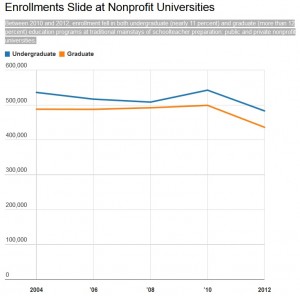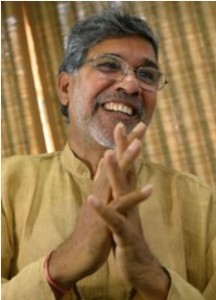Dear Commons Community,
The Supreme Court said yesterday that Texas can use its controversial new voter identification law for the November elections. A majority of the justices rejected an emergency request from the Justice Department and civil rights groups to prohibit the state from requiring voters to produce certain forms of photo identification in order to cast ballots. Three justices dissented. The law was struck down by a federal judge last week, but a federal appeals court had put that ruling on hold. The judge found that roughly 600,000 voters, many of them black or Latino, could be turned away at the polls because they lack acceptable identification. Early voting in Texas begins Monday.
The Supreme Court’s order was unsigned. Justices Ruth Bader Ginsburg, Sonia Sotomayor and Elena Kagan dissented, saying they would have left the district court decision in place.
“The greatest threat to public confidence in elections in this case is the prospect of enforcing a purposefully discriminatory law, one that likely imposes an unconstitutional poll tax and risks denying the right to vote to hundreds of thousands of eligible voters,” Ginsburg wrote in the dissent and blasting the court’s decision to allow Texas to use its new voter ID law in the November elections. As reported in The Huffington Post:
Ginsburg disputed the Fifth Circuit court of appeals’ argument that it was too close to the November election to stop the law. Early voting begins on Monday in Texas.
“In any event, there is little risk that the District Court’s injunction will in fact disrupt Texas’ electoral process,” she wrote. “Texas need only reinstate the voter identification procedures it employed for ten years (from 2003 to 2013) and in five federal general elections.”
Ginsburg argued that the Fifth Circuit was remiss to ignore the findings of a full trial in district court, which found that the law was “enacted with a racially discriminatory purpose and would yield a prohibited disriminatory result.”
District Court Judge Nelva Gonzalez Ramos struck down the law earlier this month on the grounds that it would serve as a deterrent to a large number of registered voters, most of them black or Hispanic. “Based on the testimony and numerous statistical analyses provided at trial, this Court finds that approximately 608,470 registered voters in Texas, representing approximately 4.5% of all registered voters, lack qualified SB 14 ID and of these, 534,512 voters do not qualify for a disability exemption,” Gonzalez Ramos wrote.
Ginsburg echoed these findings in her dissent. “The potential magnitude of racially discriminatory voter disenfranchisement counseled hesitation before disturbing the District Court’s findings and final judgment,” Ginsburg wrote. “Senate Bill 14 may prevent more than 600,000 registered Texas voters (about 4.5% of all registered voters) from voting in person for lack of compliant identification. A sharply disproportionate percentage of those voters are African-American or Hispanic.”
Texas officials have argued that these numbers are meaningless, on the grounds that all registered voters are able to obtain ID. Ginsburg also took aim at this assertion in her dissent, arguing that the cost of obtaining the required ID constitutes an unconstitutional barrier to voting. “Even at $2, the toll is at odds with this Court’s precedent,” she wrote. “And for some voters, the imposition is not small. A voter whose birth certificate lists her maiden name or misstates her date of birth may be charged $37 for the amended certificate she needs to obtain a qualifying ID. Texas voters born in other States may be required to pay substantially more than that.”
Ginsburg pointedly added that “racial discrimination in elections in Texas is no mere historical artifact. To the contrary, Texas has been found in violation of the Voting Rights Act in every redistricting cycle from and after 1970.”
As Senator Elizabeth Warren from Massachusetts has said on a number of occasions: “The game is rigged”.
Tony






